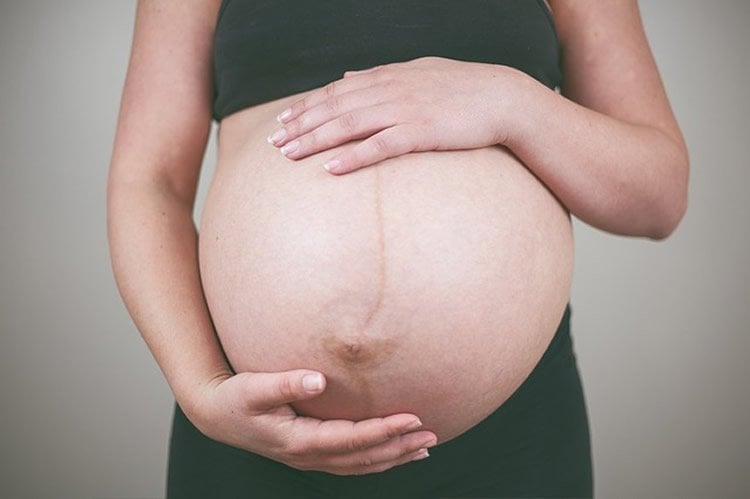York University research has revealed that being born in a C-section slows babies’ spatial attention that plays a role in how well they are able to focus on a particular area or object of interest.
There can be a difference in how well babies focus attention on an object of interest, depending on whether they were delivered by natural birth or Caesarean section, a recent York University study indicates.
“Our research has revealed that being born by a C-section slows a baby’s spatial attention, which plays a role in its ability to focus on a particular area or object of interest,” says Professor Scott Adler in the Department of Psychology, Faculty of Health at YorkU.
According to Adler and his co-researcher Audrey Wong Kee-You, very little was known about how the birth experience influences a baby’s psychological and brain development, though earlier studies have shown that factors such as birth weight and the mother’s age impact child development.

Another key finding of the study, Differential Attentional Responding in Caesarean versus Vaginally Delivered Infants, published online today in Springer’s journal Attention, Perception, & Psychophysics, is that there is no difference in the way a baby’s voluntary attention is diverted to an object of interest. That is, both an infant born vaginally and an infant by C-section decide to look at a new object, alike.
For the study, 34 infants were presented with two types of object selection tasks, to measure the latency of eye movements in hundreds of milliseconds. In a 30-minute session, the infants were on their backs with the stimuli above them on a screen, while infrared light tracked their eye movements.
York University Prof. Scott Adler’s recent study reveals that a baby’s spatial attention could depend on whether it as delivered by natural birth or Caesarean section.
According to Adler, these are very important findings, considering there is a steady increase in the number of Caesarean sections. He also adds that further research into this attention difference by examining whether the Caesarean was due to birthing complications or by choice, and whether it has a long term impact, will also offer insight into the reason for differences in spatial attention in children.
Source: Gloria Suhasini – York University
Image Source: The image is in the public domain
Video Source: The video is available at the York University YouTube page
Original Research: Full open access research for “Differential Attentional Responding in Caesarean versus Vaginally Delivered Infants” by Scott A. Adler, and Audrey M. B. Wong-Kee-You in Attention, Perception, & Psychophysics. Published online August 11 2015 doi:10.3758/s13414-015-0969-3
Abstract
Differential Attentional Responding in Caesarean versus Vaginally Delivered Infants
Little is known about the role that the birth experience plays in brain and cognitive development. Recent research has suggested that birth experience influences the development of the somatosensory cortex, an area involved in spatial attention to sensory information. In this study, we explored whether differences in spatial attention would occur in infants who had different birth experiences, as occurs for caesarean versus vaginal delivery. Three-month-old infants performed either a spatial cueing task or a visual expectation task. We showed that caesarean-delivered infants’ stimulus-driven, reflexive attention was slowed relative to vaginally delivered infants’, whereas their cognitively driven, voluntary attention was unaffected. Thus, types of birth experience influence at least one form of infants’ attention, and possibly any cognitive process that relies on spatial attention. This study also suggests that birth experience influences the initial state of brain functioning and, consequently, should be considered in our understanding of brain development.
“Differential Attentional Responding in Caesarean versus Vaginally Delivered Infants” by Scott A. Adler, and Audrey M. B. Wong-Kee-You in Attention, Perception, & Psychophysics. Published online August 11 2015 doi:10.3758/s13414-015-0969-3






